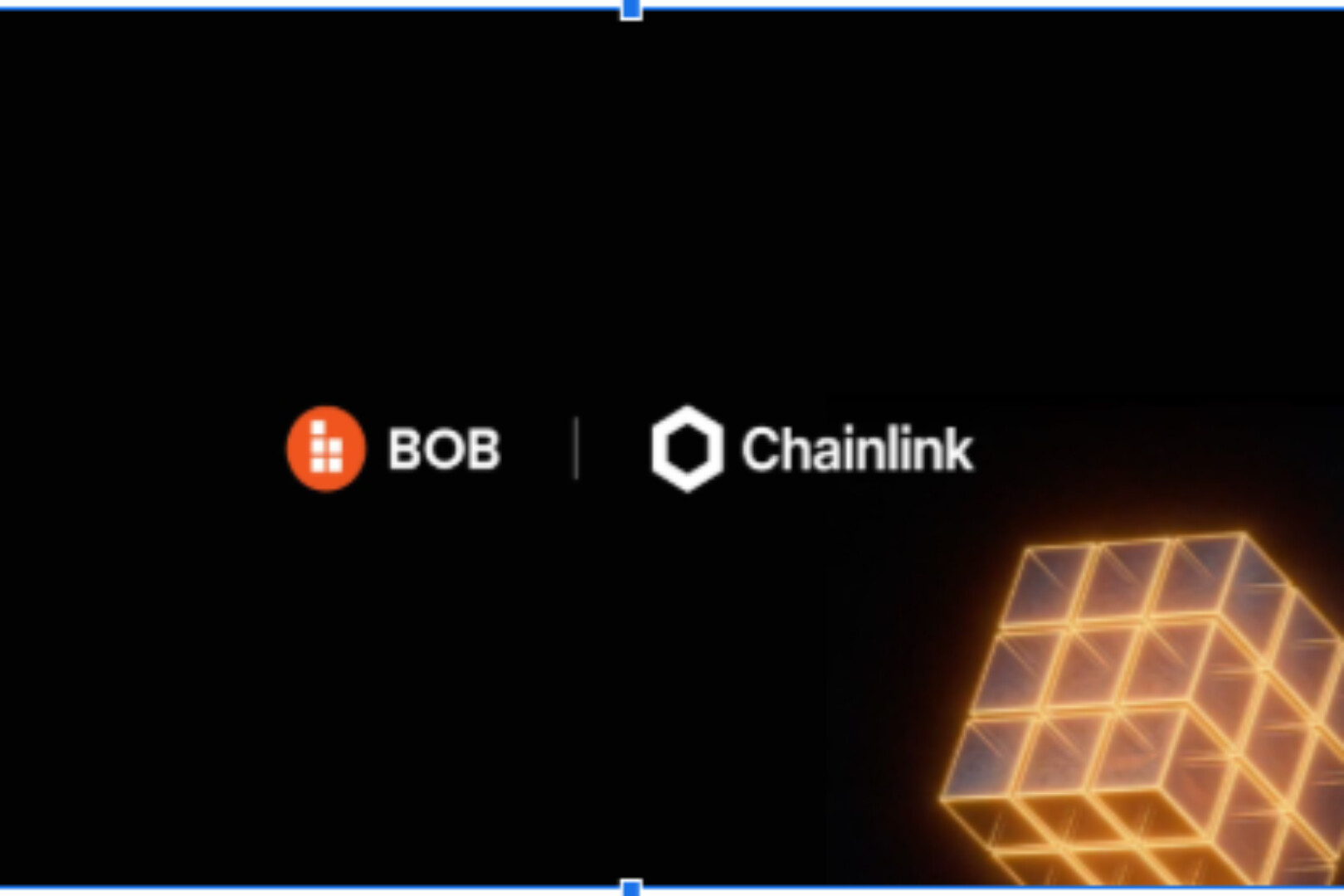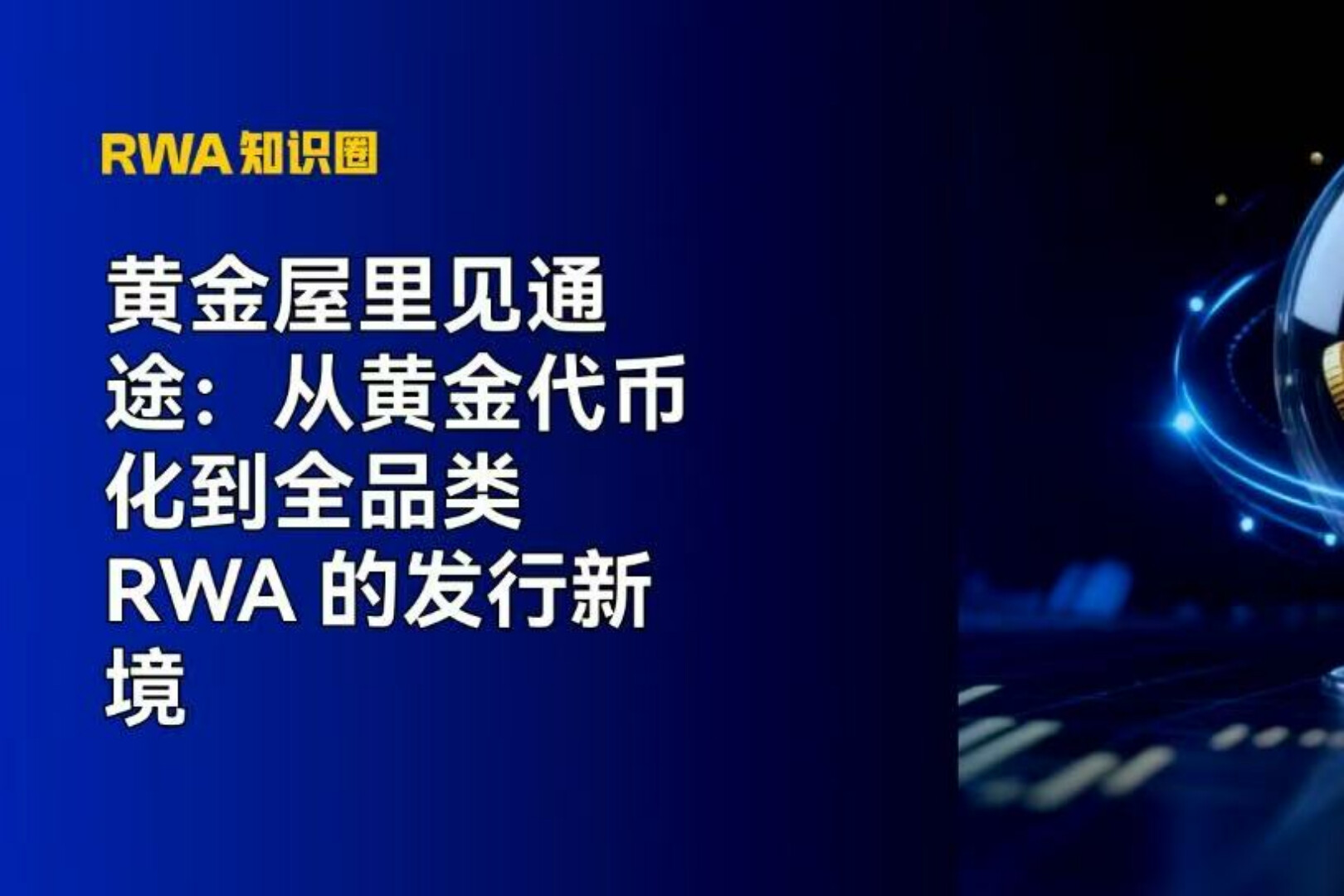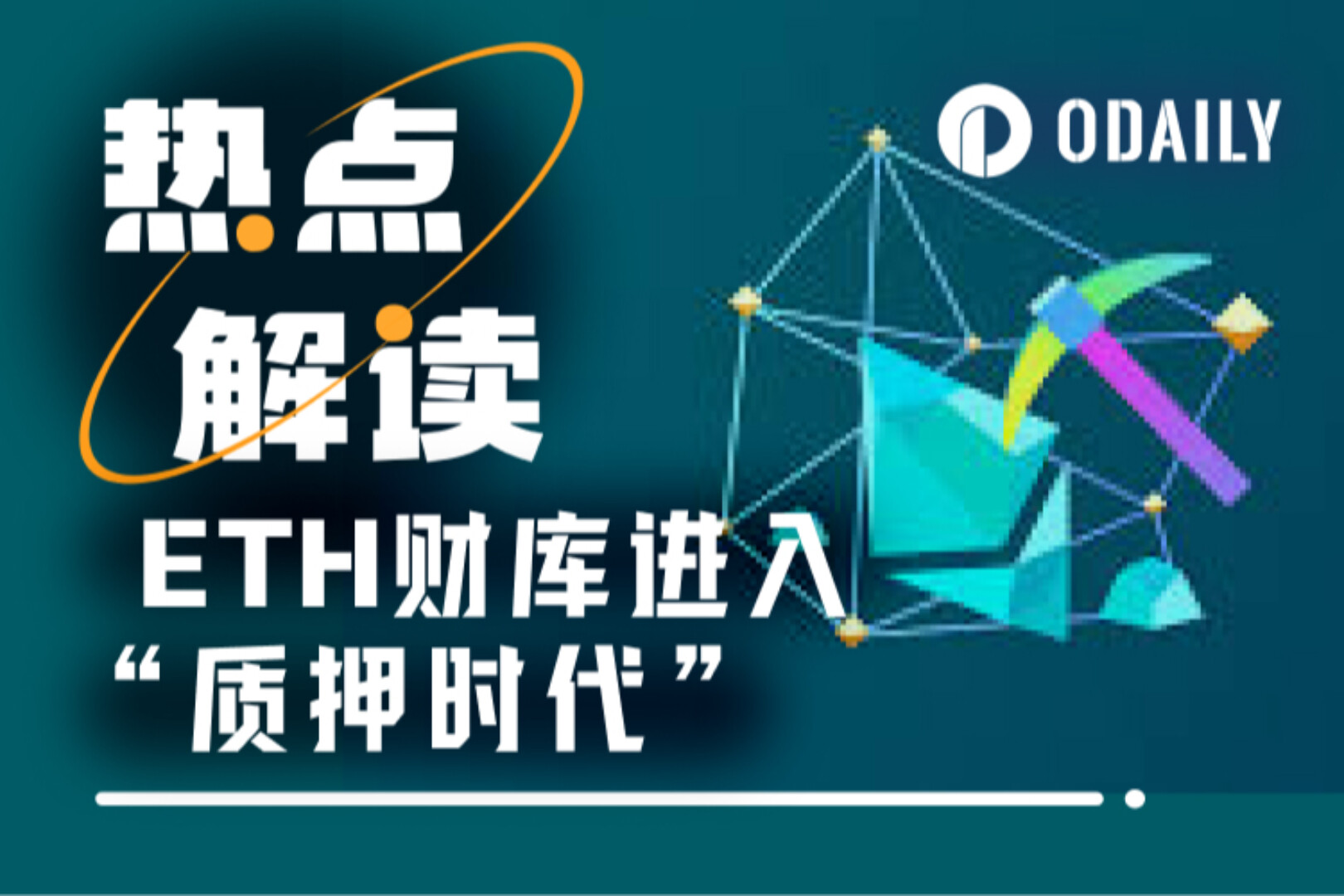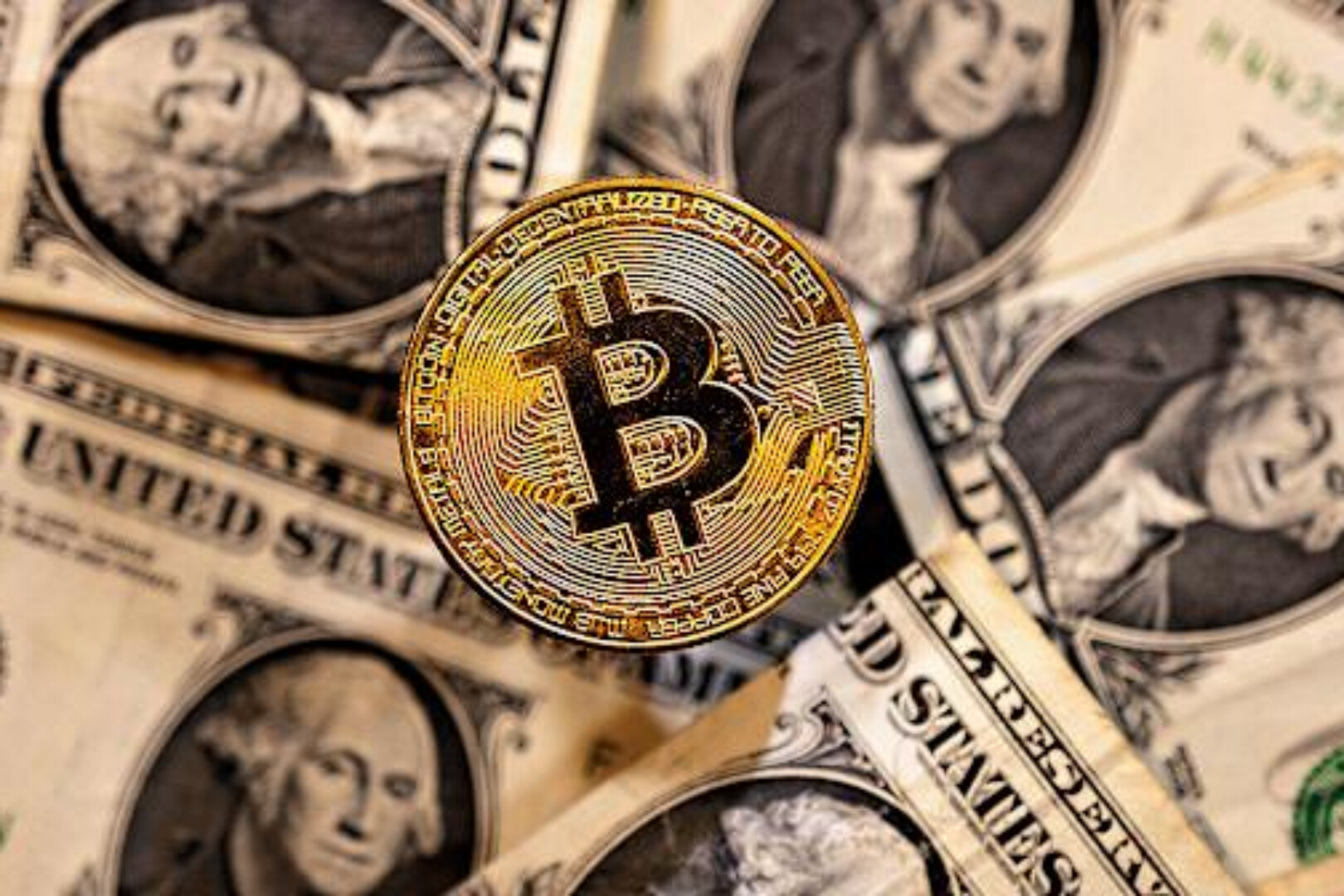On September 5th, the POD conference hosted by Odaily and strategically co-organized by 36Kr Group was held in Beijing. in the meeting,Netta Chief Scientist, Moshe Vardi, who is also an academician of the American Academy of Sciences, the American Academy of Engineering, and the European Academy of Sciences, made a presentation titled "It is time to rethink the Internet" as the first guest speaker.

In the sharing, Moshe Vardi briefly reviewed the development of the Internet, and quoted Tim-Berners Lee, the creator of the World Wide Web, saying that there are many hidden worries in the Internet at present. For example, the centralized giants Google and Facebook have monopolized people's attention, arbitrarily deciding what to show people and what not to watch, what to show this person and what to show that person; and their monitoring of users also makes users feel deeply. disturbed. "People don't realize that they have to pay such a high price for free information."
The following is the full text of the speech, enjoy:
The following is the full text of the speech, enjoy:
The Internet is actually the greatest invention in the world, especially in the 20th century, and some people compare its invention to books. In the next time, I will explain to you.
What the hell is the Internet? Different people will give different answers. When I communicated with my colleague, he felt that the Internet is the infrastructure for people to communicate. It gives us a computer that is interconnected with the rest of the world.
The generation of computers is a very long process.
First of all, we have to enter the theory of packet switching in 1961, which is a bit like our previous telephone, which is used to exchange information. Then it developed into Arpanet, which has only two nodes in total, one in Los Angeles and one in San Francisco. In 1973, there was Transmission Control Protocol and Network Communications Protocol. It was not until many years later that it was standardized. In the 1990s, the control of computer technology began to be transferred from the Advanced Planning Agency of the US Department of Defense to the National Science Foundation of the United States. Therefore, many companies and industries also joined the wave of the Internet at this time and realized Privatized.
We say it is a communication infrastructure because it includes various applications. For example, e-mail has been around since 1972. The World Wide Web (WWW) in 1989. These applications allow us to retrieve information on the Internet, but it did not expand further until 1998 when Google appeared. Google was primarily a search engine, and it gradually evolved into what it is today.
today
todayThe ability of the Internet to create wealth is unmatched by other industries.

You can see the picture above. Although these data are not up-to-date, because I prepared the PPT last week. As you can see, the market value of Apple and Amazon have exceeded one trillion US dollars, and the third-ranked Alphabet has reached 85.9 million US dollars, so the Internet industry has really created a lot of wealth.
Of course, there are also many problems. Now here is a list of the two magazines I collected, and the articles they published this year.
"New York" magazine published an article in April this year, saying that the creators of the Internet, that is, the "architects" who created the digital world, were also shocked by the product they created. I am very sorry about the problem.
In July, "Vanity Fair" magazine published an article saying that Tim-Berners Lee, one of the creators of the World Wide Web, said, "I feel devastated by what's wrong with the Internet." Another article, also published by Vanity Fair, has a similar point of view.
These indications show thatAt the center of our digital world, the people who created this internet, they have a lot of worries. So what are these concerns? What are the problems with the Internet?
First, the Internet is too centralized.In fact, at the beginning, the Internet was a distributed system. The U.S. Department of Defense originally wanted to build a distributed network with degrees of freedom. But the architecture of the Internet, as the most critical element, is centralized. For example, the database of central IP addresses is maintained by Network Solutions in the United States. The way we obtain information from Internet companies is also completed through two companies, one is Google and the other is Facebook.
If we look at the information we get, and the source of that information, most of it comes from Google searches, or some content posted on Facebook. What kind of problems will such a centralization bring? The concept of the World Wide Web was to give us information, to be able to access any information from anywhere in the world, but right now it's up to two companies. Google as a search engine determines what information we can retrieve, and sometimes they hide information from us that they don't want us to see.
For example, the information that Google displays on the first page of search results may be the information that people want to see, and the information that they don't want to be seen by people is put in the back, because few people will click on the second page. Facebook also filters the information it shows to users, even if we don't know how it chooses. Overall, Google and Facebook basically dictate what we see online.
The problem with the second Internet is its business model.How do we make money on the Internet? At the beginning, people thought that information was a product, and we would have an information trading market. But from the origin of the Internet, this is not the case. In the 1960s, there was a lot of social turmoil in the western world, and we called it anti-government sentiment. They resisted the business model of the past, so they came up with a way, which is to say that they want information on the Internet to be free.
So we advanced this idea. The information we can publish or obtain on the Internet is free, which is very good for our consumers. But it is obviously too extravagant for the mainstream media. Television and newspapers all rely on advertising to survive.
Everyone wants ice cream, and the fact that this ice cream is free creates problems. So who is responsible for feeding the employees of Google and Facebook if the Internet is free? How did they make so much money? So as we can see now, Google saved such a free business model with advertising to monetize the search engine.
People will say that advertisers are paying them. But actually I think consumers are paying for it, in an invisible way. When you think about when you buy coffee from Starbucks, you're actually paying them to advertise on Facebook in an invisible, invisible way.
Here I would also like to say that the better point of the market mechanism is that we have found a relatively reasonable value in it. For example, how do we determine the value of the microphone? If it were sold, we said it was priced at $5,000, and no one would buy it. So the market will give a balance of value, this balance will determine the value of the microphone, that is to say, the decision to let everyone disperse, how much is its manufacturing cost? And how much are consumers willing to pay? This is a one-to-one economic model, that is, the price of a commodity is determined by the game between buyers and sellers.
Now we don't know what is the value of information? Because no one is asking you to pay for information. We think that information is free, but that doesn’t mean that we are paying for information. We read their advertisements to buy the corresponding things, but there is no open market to “calculate the price” for our purchases.
There are still several problems in the advertising model, such as phishing clicks, and the content will be monitored by clicking the mouse. In order to advertise better, advertising companies will monitor users and collect user data. And personalized recommendations are made for personal data, different users will see different content. So, where is the value of this information? In the end we picked up a bargain or they profit more? Now data or information is like a new type of oil, but the owner of the data cannot control them.
In March of this year, a company called Cambridge Analytica in the United States collected nearly 100 million Facebook user data for political purposes during the general election. In August, Google signed a secret retail sales deal with Mastercard. So if you don't pay for the product, you become the banknote itself.
Now this kind of data violates user privacy to a large extent, so how do we solve these problems? We need to gradually get rid of this centralization to achieve a distributed trust. Until now, people have relied on trusted third parties to facilitate the transactions we do in our lives, including banks, title companies, and more. But our trust in such centralized institutions is declining.
One solution here is blockchain, The blockchain is a globally trusted distributed ledger protocol. It is not 100% safe, and some hackers will still attack it, but its elasticity and resilience are very strong. So we believe that the blockchain-based Internet has great potential.
Another solution is micropayments or micropayments. Micropayments are financial transactions of very small amounts. It started with Ted Nelson in the '60s, and some of the things he said, were about micropayments and the liberation of content. Both the 90's and 2010's saw some updates on micropayments.
There is also a challenge when it comes to micropayments. For example, it is not expensive to sell a piece of information on Facebook for 1 cent, but its transaction costs are also very high, which is not worth the candle. So how much should you pay for a web search? There are many issues to be discussed in this regard.
Our Internet is a link between the past and the future. There are problems, and there are some solutions, such as distributed trust and micropayments. We also mentioned just now that there are still some challenges, such as the widespread deployment of solutions, etc. Netta will give countermeasures this afternoon, or you can pay attention to Netta’s websitenetta.io. Well, this is the end of my speech today, thank you all.





